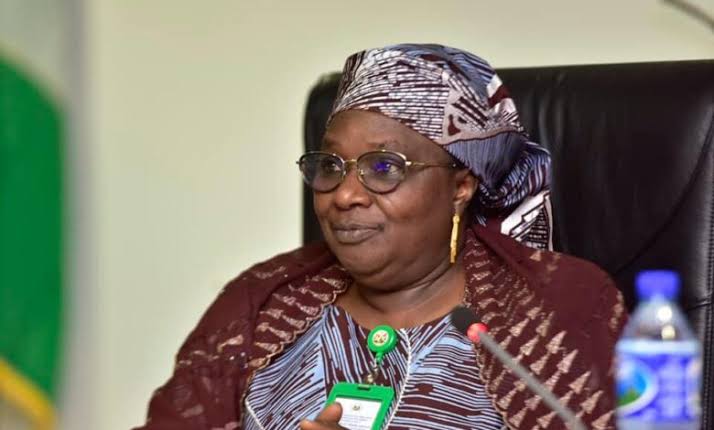The Acting Governor of Kaduna State, Dr Hadiza Balarabe, has said that food security was vital to ending insecurity in Nigeria and globally.
Balarabe said this at the launch of the ‘Training and Empowerment of Women and Youth Groups on improved rice parboiling techniques in Kaduna State’, on Wednesday in Kaduna.
The programme was organised by the state Ministry for Local Government Affairs and Sasakawa Africa Association/Agra Kaduna Consortium Project.
She observed that food insecurity has become a global problem threatening the security and social wellbeing of many societies.
“We are all aware that without food security, our country will be exposed to serious threat.
“The rate of hunger and poverty will increase, and the exploitation by different entity will grow larger,
with citizens loosing faith in government. The result of these will be increasing criminality,” she added.
Balarabe stressed that agriculture remained the major focus in solving the problems of food insecurity, and described food production as the center of security architecture.
The acting governor said the empowerment training was to ensure food security and uplift the earnings and livelihood of the people.
She revealed that five women and youth groups from each of the 23 local government area in the state will benefit from the programme.
Balaraba stressed that empowering women and youth groups would help in building a better tomorrow for all.
Prof. Sani Miko, Country Director, Sasakawa Africa Association, said the training was designed for women and youth to go into rice processing.
He said that 500 participants would benefit from the 10-day training on rice parboiling, drying and milling, who will in turn, step it down to members of their communities.
According to him, the training on milling is on how to operate and maintain a milling machine.
“Already in the programme we are doing in Kaduna, we have identified sources of spare part and we are going to link the people to the spare part sellers.
“So that in case of any breakdown, they know where to go while mechanics are also trained on how to repair these machines and normal maintenance,” Miko said.
He said each of the 23 local governments in the state will have one milling machine.
According to him, the programme is also with the aim of developing three crop value chain in a commercial manner to impact on smallholder farmers to pull them from subsistence to commercial farming by increasing their productivity.
He added that the beneficiaries would be linked to markets.
“We have been given target of 270 farmers for maize, rice and soya beans, but we have extended and gone beyond that number and now they are trying to upscale, and after the training they will be supported with starter pack.”
Earlier, the Commissioner for Local Government Affairs, Shehu Muhammad, represented by the Permanent Secretary, Abubakar Umar,
explained that the target for the programme was to improve rice production in the state.








